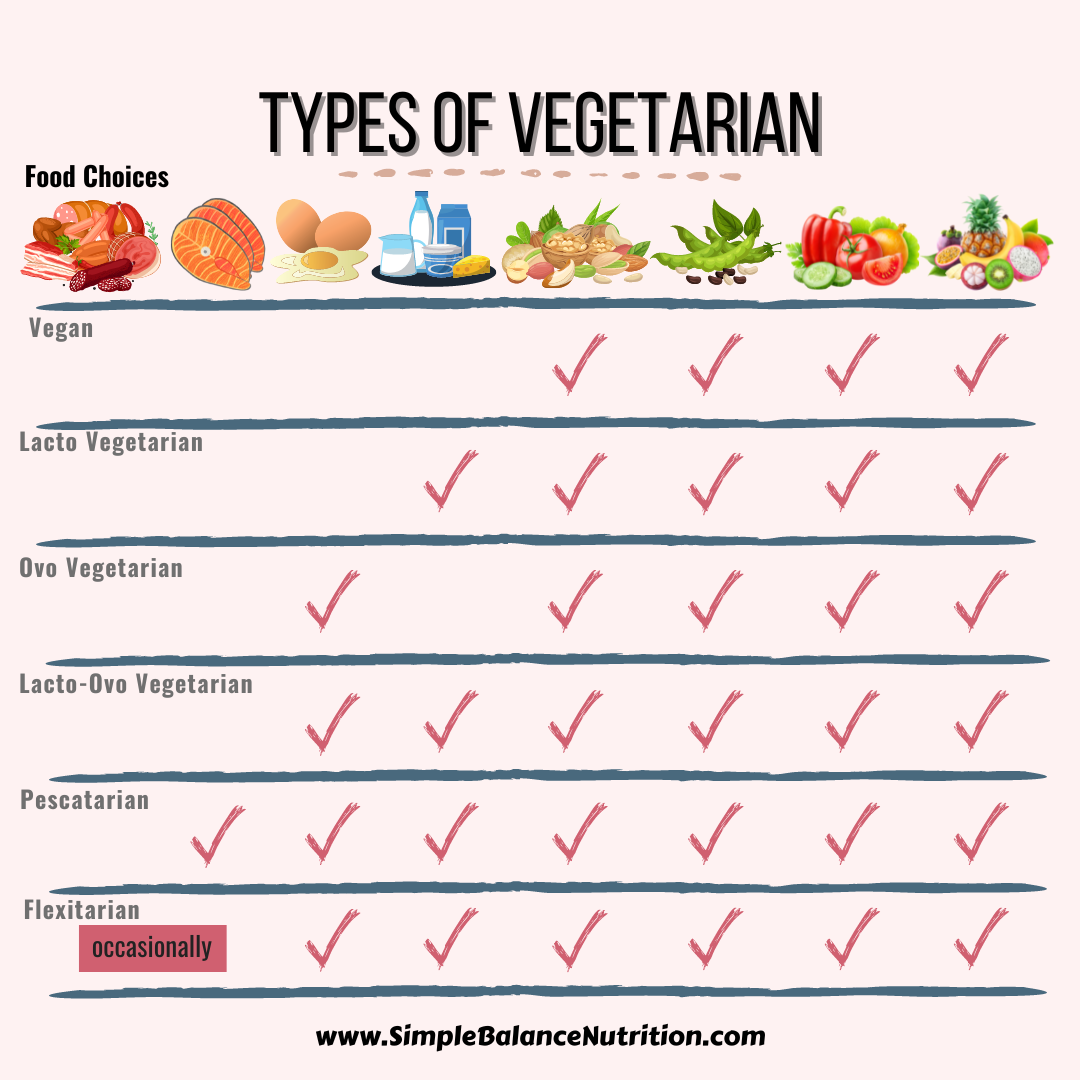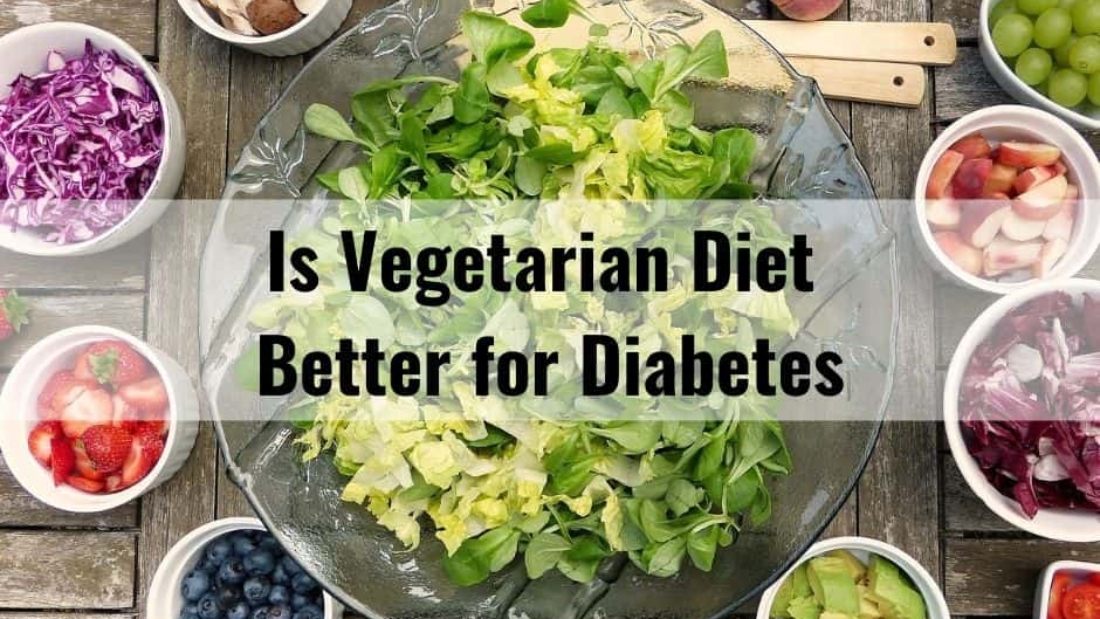A variety of dietary patterns have been studied for people with diabetes. The type of diet a person chooses to follow is determined by their individual needs, preferences and abilities. There is no such thing as a perfect diet for people with diabetes.
New research shows the protective effects a plant-based diet can have on people at risk of developing diabetes or with existing diabetes. Vegetarians and vegans tend to live longer and have a lower risk of developing diabetes as well as other chronic conditions like heart disease, hypertension, certain types of cancers and obesity.
WHAT IS A PLANT BASED DIET?
According to the Academy of Nutrition and Dietetics recent position paper, a well-planned vegetarian diet that is rich in whole grains, nuts, legumes, soy, seeds, fruits, and veggies can be nutritionally adequate and suitable for all life stages.
Plant based diet exclude most or all animal products. There is no single version of a vegetarian diet, but rather a spectrum of vegetarian patterns that vary with the types of animal products (eggs, fish, dairy) they include. People choose to follow a vegetarian lifestyle for many reasons including animal rights, environmental factors or for better health. That being said, vegetarian diets do not necessarily equate to a nutritious diet. A person can avoid animal meat, but still consume excess calories from French Fries and potato chips as they are considered vegetarian.
Below are 6 different types of vegetarian diets:
- Vegan: Excludes eggs, dairy or other animal-based products. Includes only foods from plants (fruits, vegetables, legumes, seeds, grains, and nuts).
- Lacto-vegetarian: Includes dairy products but no eggs.
- Ovo-vegetarian: Include eggs but no dairy products.
- Lacto-ovo-vegetarian: Includes eggs and dairy products.
- Pescatarian: Includes fish but no meat.
- Flexitarian (semi-vegetarian): Eat mostly a vegetarian diet with limited meat, eggs, and dairy products.

HOW A VEGETARIAN DIET CAN IMPROVE BLOOD SUGAR CONTROL
Vegetarian diets are naturally higher in fibre and lower in saturated fat than more traditional diets.
- Higher fibre intake may help with weight loss as it makes you feel full for a longer time after eating, resulting in eating less overall.
- Lower saturated fat intake can promote a healthier heart and prevent heart disease, which in common among people with diabetes.
Research suggests that well planned, vegetarian diets that are rich in whole grains, fiber, legumes, nuts, and unsaturated fats can help improve blood sugar and may even prevent diabetes.
HOW TO FOLLOW A VEGETARIAN DIET IF YOU HAVE DIABETES
Following a plant-based diet will not “cure” the diabetes. Diabetes is a very individualized chronic condition – what works for you may not work for another.
- Talk to your Dietitian
Vegetarians can be at risk for nutritional deficiencies, in particular, iron, vitamin B12, vitamin D and calcium. A dietitian will help you understand that fundamentals of vegetarian eating and teach you how to plan a well-balanced, nutritionally adequate vegetarian diet.
- Watch your carbohydrates
Vegetarian diet is not a low carb diet. Whole grains, vegetables, fruits and beans contain carbohydrates and will impact blood sugars. People with diabetes still need to watch your portion sizes and read labels.
- Choose high fibre grains
Avoid highly-processed carbohydrates like white flour, pastries, and white bread. Instead, choose high-fiber grains like quinoa, brown rice, bulgur, and oatmeal. These whole grains have a lower glycemic impact due to the fiber and additional protein content.
- Load up the greens and colourful fruits
As a vegetarian, make sure you are consuming at least 7-8 servings of fruits and vegetables per day. A good rule of thumb is to fill up half of your plate at every meal with vegetables.
- Choose plant-based protein
Protein remains an important nutrient for people with diabetes because it can stabilize blood sugars as well as help with satiety. Make sure you replace your animal-protein choices with plant-based protein such as legumes, tofu, soy, nuts, and nut butter in every meal. For lacto-ovo vegetarians, eggs, cheese, yogurt, and milk are other nutritious sources of protein.
- Choose healthy fats
Vegetarian diet can be lacking in omega-3 fatty acids due to eliminating eggs and fish. If you don’t eat fish or eggs, you may need an omega-3 supplement (DHA/EPA) or choose foods rich in ALA (alpha linolenic acid) such as flaxseed, walnuts, canola oil.
BOTTOM LINE
Do you need to become vegan or eliminate all animal products to see health benefits? Not at all. The research clearly states that eating more fruits, whole grains, and less meat is associated with overall improved health.
If you’d like to experiment with this way of eating, I recommend starting out with the semi-vegetarian approach. Instead of eliminating meat altogether, start to gradually reduce the amount of meat you consume. If you typically eat meat for lunch and dinner, try eating it at dinner time and having a plant-based meal at lunch. See how that works for you.
FOR EASY VEGETARIAN RECIPES:
- Colourful Edamame Sesame Quinoa Salad
- Broccoli and Split Peas Salad with Turmeric Yogurt Dressing
- Black Bean Quinoa Salad with Lime Dressing
- Curry Yogurt Dressing


Leave A Comment